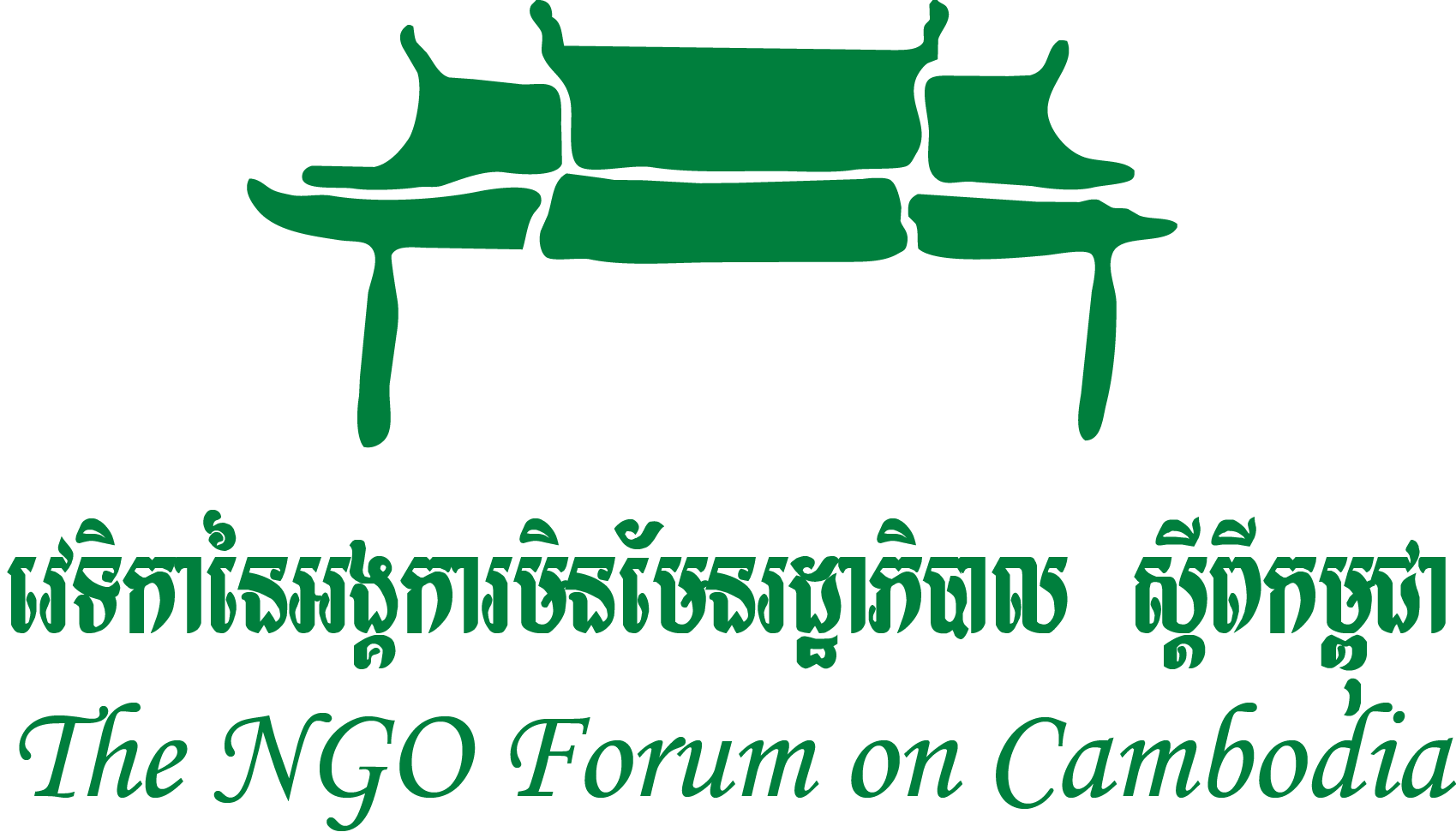[:en]Launching Research Report on Small Landholder Farmer and Agribusiness[:]
- ngofmail
- Feb 22, 2018
- 2 min read
<:en>

The NGO Forum on Cambodia launched research report on Small Landholder Farmer and Agribusiness on February 22, 2018 at Himawarri Hotel, Phnom Penh, Cambodia. There were 150 participants whic including government institutions, donors, network members, representatives of the private sector, the media and independent consultant.
Dr. Tek Vannara, Executive Director of NGOF, the NGOF organized the launching to outreach the report for being officially used and shared to all stakeholders. The report was initiated by Network for Development of Food Security and Safety in Cambodia (NDF-C) of NGOF. The study has following objectives: (1) To identify good practices and lesson learnt among private agribusiness companies in supporting small landholder farmers especially women, (2) To understand the impact of responsible agriculture investment executed by agri-business companies on small landholder farmers, particularly female farmers and determine the policy implication, (3) To understand how agriculture responsibility and corporate social responsibility are implicated and translated into law and legal instruments in Cambodia, (4) To draw policy priorities and recommendations to support men and women as small landholders in responsible agriculture investment and CSR practices.

Mr. Heang Saravorn, independent consultant of Creative Advisors presented the research results as below:
- The research report started in early 2016 and ended in March 2017. The study used quality and quantitative methods by interviewing with key informants such as representatives of rice exporters (kasekam rung roeung, vegetable market, palm sugar, green eagle, Loas Thmey, Mong Rethy, representatives of Ministry of Commerce, Rural Development Bank, Ministry of Agriculture, Forestry and Fishery and farmers who cooperated with six companies in Kampong Speu, Preah Vihear, Kampong Chhnang, Kandal, Take and Kampot.
- The study produced 6 case studies with 5 different contract farming business models such as (1) Centralized model, (2) Nucleus estate model, (3) Multipartite model, (4) Informal model, and (5) Intermediary model.The result showed that: • Contract farming had two benefits, especially for long-term projects that provide confidence between farmers and buyers. • Poor farmers and small landholder farmers benefited from the contract farming. • The company had faced considerable costs for monitoring and evaluating the process. • Government policy focused on strengthening agricultural promotion and increasing contract farming, but it did not show a good models which fit for farmers. • The contract farming would value agricultural products, reducing production costs, increasing economic growth for farmers. • Farmers could get good agricultural products and markets, but not all. In the case of Angkor Kasekam Rung Roeung, some farmers had sold in low price because of a lack of market price information. • Women were involved more than another in contract farming (for details of the study, please click the links (http://www.ngoforum.org.kh/wp-content/uploads/2018/02/Layout-Small-Landholder_Kh.pdf).
<:>




